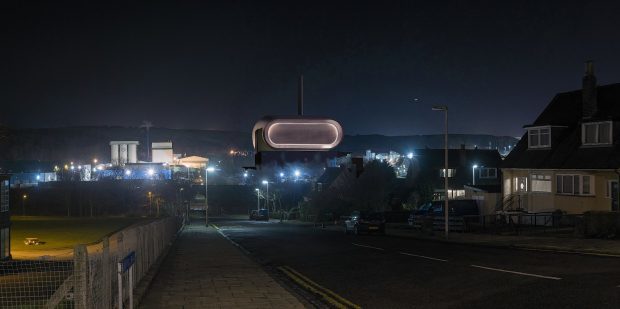The European Union has warned that new rules could turn a planned £180million incinerator in the north-east into a white elephant.
The energy-from-waste facility at East Tullos is part of a joint partnership between Aberdeen City, Aberdeenshire and Moray councils.
The three authorities are scrambling to meet national waste and recycling targets set by the government. From 2020 no organic waste can be put in landfill.
The facility will have a 260ft chimney and is aimed at reducing the carbon footprint of the authorities before the tougher regulations are imposed.
But objectors have warned that further changes in legislation could make the energy-from-waste model obsolete before it is even operational.
Now new guidance from the European Union has urged governing bodies to steer clear of the technology.
A report from the European Commission says that recycling must be the focus of all waste projects and that disposing of waste in landfill or incineration is the “least favourable option”.
The report says: “Member states are advised to gradually phase-out public support for the recovery of energy from mixed waste.
“When planning future investments on waste-to-energy capacity, it is essential that member states take into consideration the risk of stranded assets.”
Last night Aberdeenshire Democratic Independent Green Group (DIGG) councillor Paul Johnston warned that because the government has already said it will follow EU waste regulations after Brexit, the incinerator project could be a “colossal” waste of money.
“The European Commission and experts clearly warn against stranded assets – in other words this could be a very expensive white elephant at close to a cost of £200million,” Mr Johnston said.
“There is still time for Aberdeenshire and Aberdeen City council, along with Moray, to rethink and prevent this potentially colossal waste of money.
“There are more jobs and better value in alternatives which the investment intended for this incinerator could deliver.”
Local authority officers behind the scheme have said the incinerator, which could burn 150,000 tonnes of waste each year during its 20-year lifespan, would help power Aberdeen and regenerate the site in the Torry area of the city.
